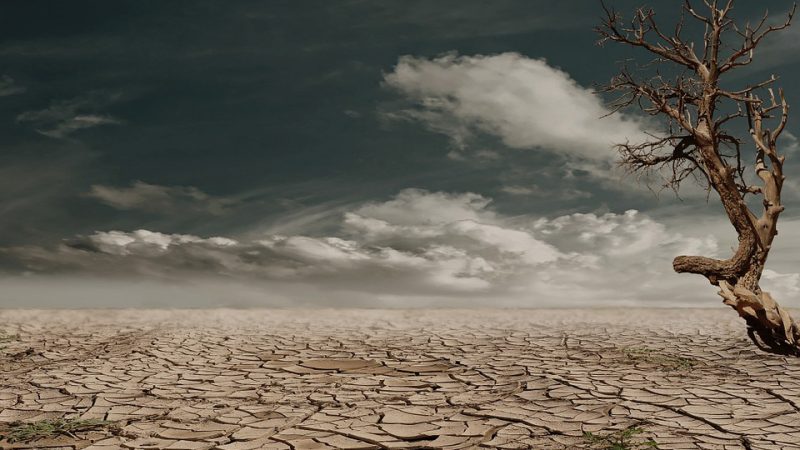Climate change is causing temperatures to rise, making water an increasingly scarce resource. A natural, wood-based hydrogel that can absorb and store a multiple of its own weight in water and continuously release it to soils over long periods of time. This will enable agriculture to use water more efficiently in the future and, in particular, to supply water to areas severely affected by climate change. The technology has the potential to significantly accelerate the sustainability goals of the Agenda 2030, which officially declared the sustainable management of water resources a human right.
All over the world temperatures are rising, resulting in the aggravation of the water crisis. In particular in agriculture, water is being used inefficiently in many places. Worldwide, about 70 percent of the water from rivers, lakes and aquifers is used by the agricultural industry; in Europe, according to the European Environment Agency, this figure is already more than 24 percent.
This is detrimental to the environment, as evidenced by the depletion of aquifers, leads to the reduction of river runoff, the destruction of wildlife habitats and entire ecosystems, and increases pollution levels. According to the “UN World Water Report 2021” If trends remain unchanged and the world’s population continues to grow agriculture will require in just a few years half as much water for food production as it is used right now. The problem: There is simply too little water available. Therefore, a new assessment of water requirements is urgently needed. Technologies must be developed that allow global agriculture and major water consumers such as the agricultural industry to use water more efficiently. Last but not least, the sustainable management of water resources has been officially declared a human goal as one of the sustainability goals of the 2030 Agenda.
Scientists from Agrobiogel, acib and BOKU aim to prevent global water crisis
To immunize global agriculture against predicted droughts, Scientists developed a natural hydrogel. Such Hydrogels – also called superabsorbents – are polymeric materials capable of absorbing and storing a multiple of their own weight in water. The technology is not new in itself, but most of the hydrogels which are available on the market to date have proven to be toxic and sensitive to salt which makes them unfit for use in agriculture. The newly developed hydrogel is a natural, super-absorbent biogel based on wood residues, which are by-products from paper production. It can also be used on sandy or loose soils, such as in desert areas or in urban centers for crops and trees. It continuously releases liquid over a long period of time. This allows us to supply water especially to areas severely affected by climate change. In initial application trials the innovative technology has shown that plants can survive for up to 52 days without watering.
Fewer fertilizers and less water
80 percent of the farmers worldwide rely on rainfed agriculture. The technology developed by the scientists in Tulln could in future be able to significantly reduce the water demand and cut the use of fertliziers by 70 percent. First, rainwater is absorbed and then continuously released to the soil. The advantage is that periods of heat do not affect it. Other technologies are usually based on starch or polysaccharides and dissolve in just a few months, whereas our gel does its job in the soil for many years. At the end of its life cycle, the material simply turns into humus.
Ongoing improvement thanks to scientific expertise
Researchers are now studying how the enzyme-polymerized lignin affects the improvement of soil properties, the soil microbial ecosystem and plant growth and health – continuously improving the product. Currently, the test phase is successfully completed the product is getting produced for the global B2B market. Initial customers come from the agricultural, pharmaceutical, medical and construction industries, as well as animal shelters. Vertical farming for the greening of highway roads or house facades is also being considered. Customers currently can choose between a gel or granules.
Picture credits: Pixabay
